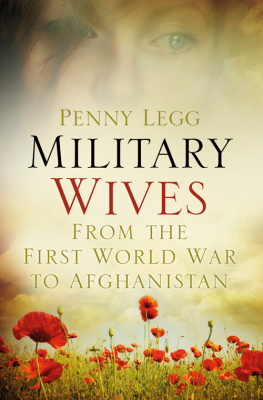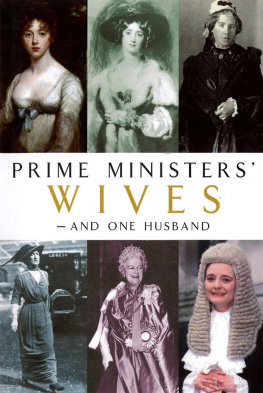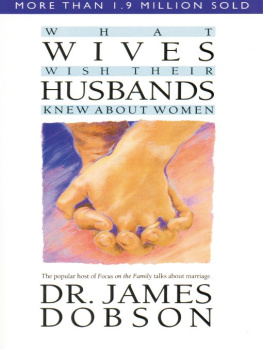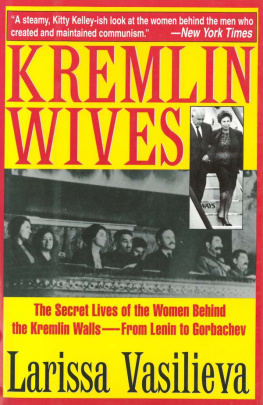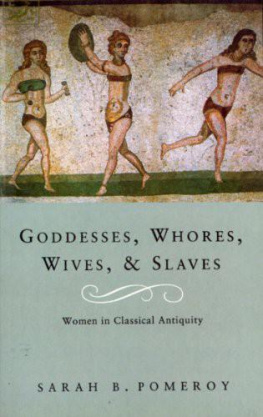Deadlier than the Male
Deadlier than the Male
Wives of the Generals 16771937
Trina Beckett
First published in Great Britain in 2018 by
PEN & SWORD MILITARY
An imprint of
Pen & Sword Books Ltd
Yorkshire Philadelphia
Copyright Trina Beckett 2018
ISBN 9781781590133
eISBN 9781526703675
Mobi 9781526703668
The right of Trina Beckett to be identified as Author of this work has been asserted by her in accordance with the Copyright, Designs and Patents Act 1988.
All rights reserved. No part of this book may be reproduced or transmitted in any form or by any means, electronic or mechanical including photocopying, recording or by any information storage and retrieval system, without permission from the Publisher in writing.
Pen & Sword Books Ltd incorporates the Imprints of Aviation, Atlas, Family
History, Fiction, Maritime, Military, Discovery, Politics, History, Archaeology,
Select, Wharncliffe Local History, Wharncliffe True Crime, Military Classics,
Wharncliffe Transport, Leo Cooper, The Praetorian Press, Remember When,
White Owl, Seaforth Publishing and Frontline Publishing.
For a complete list of Pen & Sword titles please contact
PEN & SWORD BOOKS LTD
47 Church Street, Barnsley, South Yorkshire, S70 2AS, England
E-mail:
Website: www.pen-and-sword.co.uk
Or
PEN & SWORD BOOKS
1950 Lawrence Rd, Havertown, PA 19083, USA
E-mail:
Website: www.penandswordbooks.com
List of Illustrations
Sarah, Duchess of Marlborough.
John, Duke of Marlborough.
Catherine Kitty, Duchess of Wellington.
Arthur Wellesley, Duke of Wellington.
Juana, Lady Smith
Louisa, Lady Wolseley.
Sir Robert Sale.
Nora, Lady Roberts.
Florentia, Lady Sale.
Dorothy, Lady Haig.
Sir Douglas Haig.
Bernard Montgomery with his son David, 1943.
Acknowledgments
Quotations from the Royal Archives appear by gracious permission of Her Majesty the Queen. I also wish to acknowledge my thanks to the following for their courtesy and kind permission in allowing me to consult and quote from archives in their possession and/or copyright: Sir Richard Pole-Carew Bt., and the Marquis of Salisbury. Similarly, thanks for allowing consultation and/or quotation from archives in their possession and/or copyright is due to the courtesy and kind permission of the Trustees of the British Library; Cornwall County Record Office; Devon County Record Office; the David M. Rubenstein Rare Books and Manuscript Library of Duke University; the Campbell Collections (formerly the Killie Campbell Africana Library) of the University of KwaZulu-Natal; the KwaZulu-Natal Archives; the Trustees of the Liddell Hart Centre for Military Archives, Kings College, London; the National Army Museum; the National Library of Ireland; the National Library of Scotland; the National Library of Wales; the National War Museum, Edinburgh; Queen Mary University Library; the Royal Pavilion Libraries and Museum (Hove Public Library); South Lanarkshire Council Museum; and Warwickshire County Record Office.
***
Filling at least the top five places of my grateful thanks list is my husband Ian. He has supported me in every area of my life, and this has been no exception. You cant be married to a published military historian without an interest in the subject rubbing off! I felt that Ian had dealt with the men, so thought I would see what some of the wives had been up to. He discovered for me more books on my subjects than I could ever have imagined, which is one of the reasons my research took so long; that plus a gap of one year due to eye surgery.
My daughter Andrea (a published medieval historian) helped me with style, and my son Mark (my IT guru) unpicked some tricky formatting problems. My whole family have spurred me on when, at times, I came close to giving up.
I have been inspired by my grandchildren Naomi, Abigail and Jackson, whose writing achievements at school proved the impetus for me to resurrect a dusty dream. Hard to know what Alex, just three, makes of it all, but he does love being read to!
A mention also for my friend Maureen, who has shown such a positive interest in this book since its embryonic stage that I simply had to get on with it.
Thanks must go to Rupert Harding and the team at Pen and Sword, who actually remembered who I am, blew the cobwebs off my contract and went ahead with publication.
Finally, my grateful thanks to Morrab Library, a private subscription library in Penzance with no computers in sight, but whose staff clambered up ladders to find old tomes that hadnt seen the light of day for many years.
TMB,
January 2018.
Introduction
British military wives have tended to be studied, if at all, in terms of the ordinary rank and file soldiers, especially in popular literature.
By contrast there has been far less interest in officers wives. Historians have tended to dismiss the army wife as an incorporated wife, subordinated to her husbands institution and, therefore, something of a victim in playing a predetermined subservient role. Additionally, feminist historians have seen such a womans status as deriving entirely from that of her husband, with any potential influence over the husbands career represented in negative terms. While it is recognized that women might enjoy considerable authority in the private domestic sphere, there has been an assumption that even women with apparent influence in the public sphere, such as the great political hostesses, lacked genuine power.
The old military adage applied to officers was that subalterns must not marry, captains may marry, majors should marry and colonels must marry. However, through the nineteenth century, increasing numbers of officers were married men. The proportion of officers who were married rose from 25.4 per cent in 1851 to 33.5 per cent in 1871, although the proportion of married officers under the age of 25 remained small.
The wives of ordinary officers had a similar role in relation to the wives of other ranks as their husbands did to their men; the same went for the wives of senior officers in relation to those of junior officers. Yet, as will be shown, Lady Wood played a not-inconsiderable part in her husbands career.
When a wife is mentioned, it is often less than illuminating, as in the sixty-seven references to Lady Roberts in the 601 pages of the single-volume edition of Field Marshal Lord Robertss Forty One Years in India , all of which simply mention her in passing as being present on this or that occasion.
Where officers wives have been a greater focus, the emphasis has been upon what might be termed their social role, as in a study of wives of officers serving in British India in the first half of the nineteenth century comparing them with those of officers serving on the American frontier.



